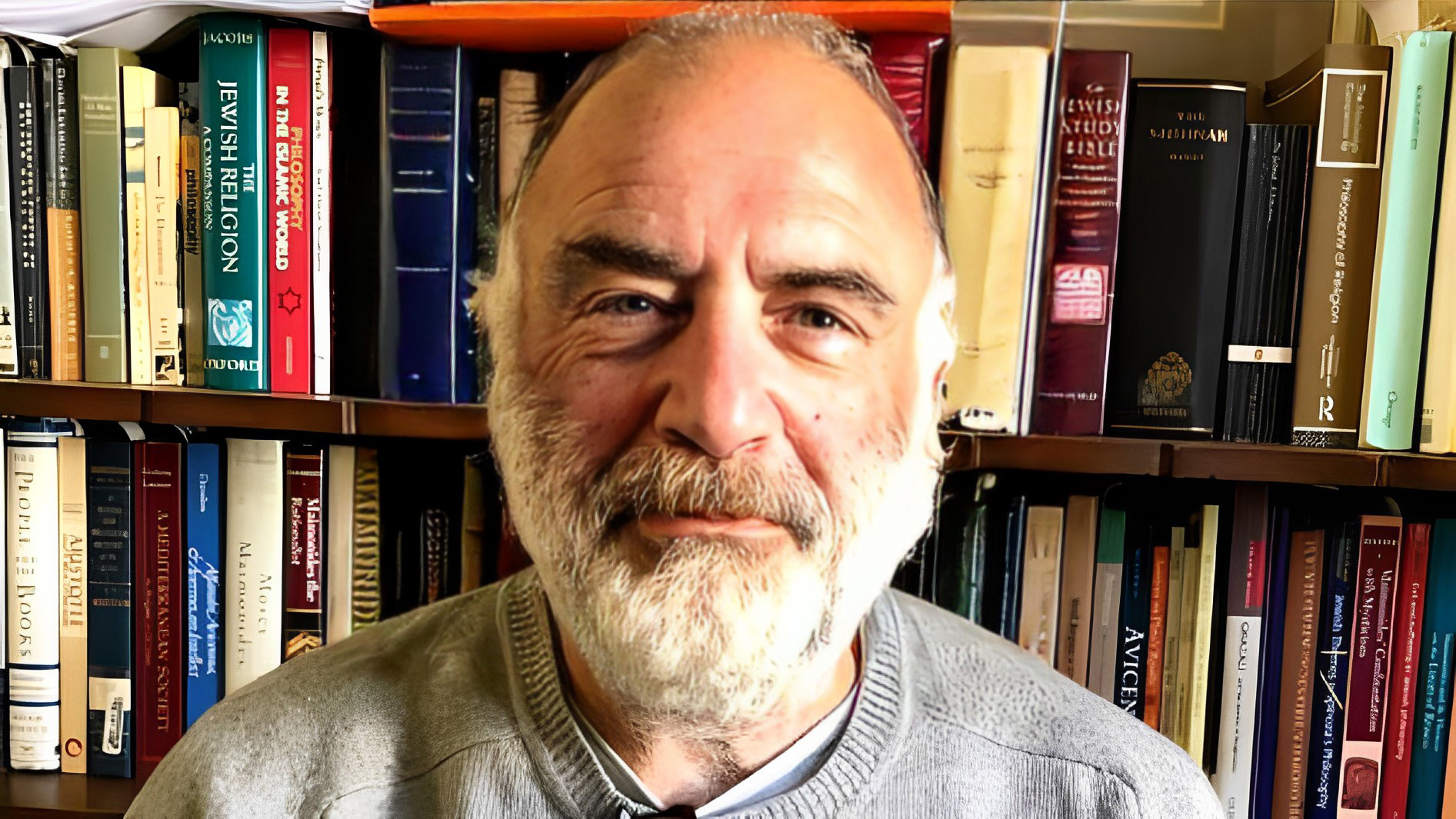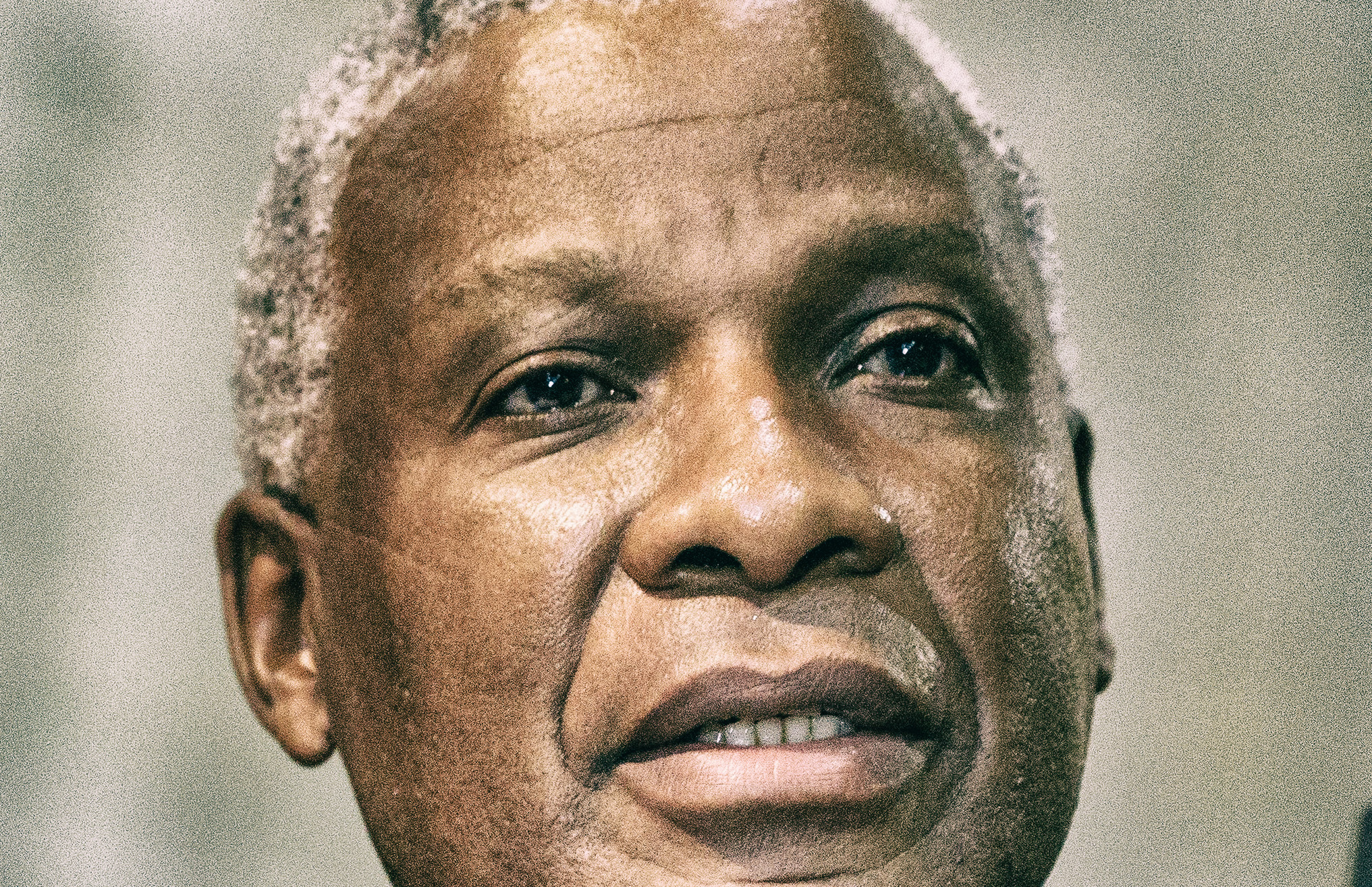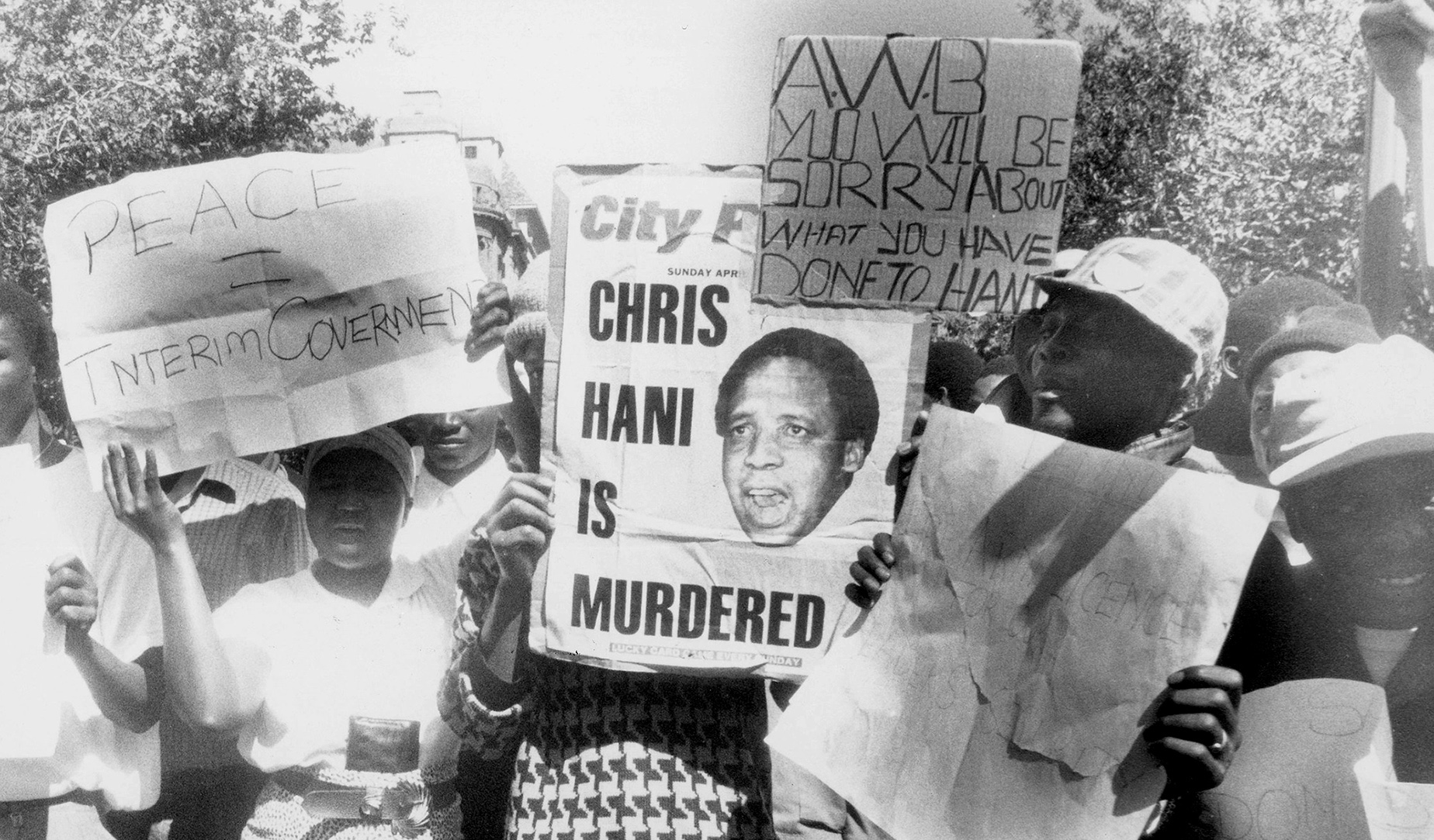South Africa is slowly but surely losing control to crime and social breakdown. Whether it be the murder of a young black woman lawyer in Rustenburg, the killing of veteran journalist Jeremy Gordin or random acts of gun violence, it’s clear we are losing.
In the vortex of despair South Africa is eating its own: 25,000-plus murders a year, kidnappings, assassinations, extortion and mob vigilante violence against suspected criminals in the absence of a reliable police force.
A senior member of the NPA said recently: “If the FBI were brought into South Africa now they would run a mile.”
Today everyone feels a little afraid. Last week a thoughtful friend and patriotic, flamboyant and hopeful South African, not known for being hysterical, wrote on his Facebook page:
I love
#MyJoziMyMuse &
#MyMzansiMyMuse,
marra after 3 murders in a week of people I knew I’m reconciled that I may be a statistic too.
I know how he feels. The only people who feel safe are those with bodyguards, bullet proof cars and blue lights.
As Israel Nkuna writes today in his letter to ministers from the poverty-blighted Mahlathi village in Limpopo: “Is it possible you are suffering from a medical condition? We must try to get to the bottom of whatever it is that’s causing your nerves to die off. It’s clear you can’t see and can’t feel anymore.”
Nkuna terms the condition “insulation syndrome”.
 Jeremy Gordin was killed during a house robbery. (Photo: Twitter)
Jeremy Gordin was killed during a house robbery. (Photo: Twitter)
Over the weekend Anglican Archbishop Thabo Makgoba, in his Easter homily, called South Africa’s malady “a near-biblical vortex of greed and corruption in which the unscrupulous steal from the poor and swallow the hope of ending inequality”. He criticised politicians who “play in-again-out-again revolving doors, changing mayors and speakers the way other people change their socks”.
Action, not endless diagnosis
I agree with Makgoba. We all do.
 Archbishop Thabo Mokgoba. (Photo: Gallo Images / ER Lombard)
Archbishop Thabo Mokgoba. (Photo: Gallo Images / ER Lombard)
But in the week in which the Guptas (predictably) did a runner, it’s clear that while State Capture was brazen and garish, and while there’s still a big job to unravel and prosecute its perpetrators, it will soon pale in the face of economic capture by organised crime, using violence as its main weapon, and the breakdown of the rule of law. As Lindiwe Mazibuko warns in an opinion in the Sunday Times, there is meaning in the madness and there are people who profit off the social breakdown.
Or, as the NPA official quoted earlier put it (and he should know), “organised crime is the biggest threat to democracy and significantly more dangerous than State Capture”.
This gathering storm suggests that constitutional South Africa now faces an existential threat that is bigger than all of our political differences. If we don’t recognise it and find a way to address it together we will find we have no foundation to address any of our social problems: the health system, basic education, inequality, a just transition away from carbon.
Hand wringing is not a political strategy.
South Africa is spiralling downwards. There were more murders recorded in 2020/21 than in 10 years of political violence between 1985 and 1995.
In 1991 we faced a similar crisis as political violence mushroomed out of control. The apartheid state had lost legitimacy to rule yet there were elements within it who stood to profit greatly from a collapse of political negotiations. Recognising this led to civil society – Cosatu, the South African Council of Churches and business – taking matters into their own hands, and commencing a process that led to the National Peace Accord (NPA).
According to one case study of the NPA its “direct and tangible impact” included:
“the establishment of a National Peace Secretariat, 11 regional peace committees and more than 200 local peace committees. Approximately 15,000 peace monitors were trained across the country, drawn from all sections of society. The peace structures themselves, and the cooperation of key elements in government, political parties, business and civil society, enabled considerable progress in reimposing the rule of law and bringing peace to many strife-torn communities.”
The lesson for today is that at that time trade unions, business and civil society saw the all-consuming danger and stepped above their sectoral interests, and were able to draw the rest of society alongside. The violence did not stop, but it did not achieve its objective. Although at terrible cost, eventually peace triumphed.
Not even the assassination of Chris Hani on 10 April 1993 (recalled here by Ronnie Kasrils in an interview yesterday on eNCA) could halt the transition process, although it came frighteningly close. The Peace Accord galvanised and consolidated a new social and moral force, above party politics, capable of rallying the good in South Africa and keeping hope alive during a political transition. We owe it to Hani, whose social agenda is far from complete, that peace is not destabilised again.
According to Kasrils “that’s the signal for us”. That is why a similar initiative is needed once more.
 Protesters march through the streets after Chris Hani's assassination on 10 April 1993. (Photo: Gallo Images / Media24 Newspaper Archives)
Protesters march through the streets after Chris Hani's assassination on 10 April 1993. (Photo: Gallo Images / Media24 Newspaper Archives)
However, we must take stock of one important difference. By its own admission the Peace Accord “failed in its objective to bring socioeconomic development to communities torn apart by violence”. Today, violence festers and is most intense in the face of social despair and economic desperation, in the wastelands that ring our cities and their centres. It will not be countered unless there is a willingness by the haves to take urgent, immediate measures to address the real state of disaster (people’s lives and opportunities) and to press the government to do so.
Read more in Daily Maverick: Three decades on, Limpho Hani believes SA leaders have betrayed her husband’s legacy
For example, last week we endorsed a proposal to reduce a basket of essential food prices for all children (A serious proposal to overcome child hunger… but will we choose it?). For a hungry child, and the parent who tries to shield them, every day counts. But in the eight passing days the proposal’s advocates have mainly run into further symptoms of “insulation syndrome” among those with the power to make this happen.
There is much we could do. Good people have far more legal power and political space than we had in the early 1990s. It’s time to stop posturing and prevaricating; there is a bigger threat than all our differences. We need to set to fixing it. Our lives depend on it. DM/MC




 Protestors march through the streets after Chris Hani's assassination on 14 April 1993. Secretary-General of the South African Communist Party Chris Hani was assassinated on 14 April 1993. Approximately 1.5 million people participated in the protests and marches that followed his assassination. In October 1993, Clive Derby-Lewis of the Conservative Party and a Polish immigrant, Janusz Walus, were found guilty for Hani's murder, and were sentenced to death. (Photo: Gallo Images / Media24 Newspaper Archives)
Protestors march through the streets after Chris Hani's assassination on 14 April 1993. Secretary-General of the South African Communist Party Chris Hani was assassinated on 14 April 1993. Approximately 1.5 million people participated in the protests and marches that followed his assassination. In October 1993, Clive Derby-Lewis of the Conservative Party and a Polish immigrant, Janusz Walus, were found guilty for Hani's murder, and were sentenced to death. (Photo: Gallo Images / Media24 Newspaper Archives) 